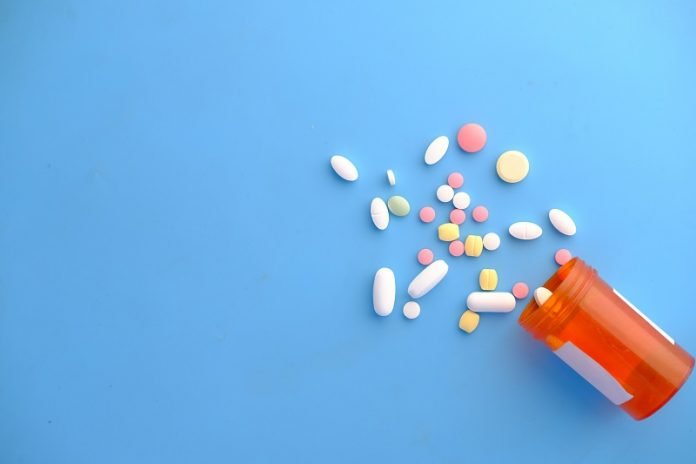
Scientists from Chang Gung University found that more intensive low-density lipoprotein cholesterol (LDL-C)-lowering statin-based therapies are linked to a decreased risk for recurrent ischemic stroke.
The research is published in JAMA Neurology and was conducted by Meng Lee et al.
LDL (low-density lipoprotein), sometimes called “bad” cholesterol, makes up most of your body’s cholesterol.
High levels of LDL cholesterol raise your risk for heart disease and stroke.
In the study, the team examined the association of more versus less intensive LDL-C-lowering statin-based therapies for patients with ischemic stroke.
Data were included for 11 clinical trials with 20,163 patients who were followed for a mean of four years.
The researchers found that compared with less intensive LDL-C-lowering statin-based therapies, more intensive LDL-C-lowering statin-based therapies were linked to a reduced risk for recurrent stroke.
Compared with less intensive LDL-C-lowering statin-based therapies, more intensive LDL-C-lowering statin-based therapies were linked to a reduced risk for major heart problems, but with an increased risk for hemorrhagic stroke.
In patients with evidence of atherosclerosis (thickening or hardening of the arteries), more intensive versus less intensive LDL-C-lowering statin-based therapies were linked to a reduced risk for recurrent stroke.
The findings suggest that the level of LDL-C should be lowered below 70 mg/dL by any means after an ischemic stroke in patients with evidence of atherosclerosis.
If you care about stroke, please read studies about what a mini-stroke is, and 8 ways to prevent stroke and spot its warning signs.
For more information about stroke, please see recent studies about 5 critical steps to help prevent a stroke, and results showing first-born kids have a lower risk of heart attacks and strokes.
Copyright © 2022 Knowridge Science Report. All rights reserved.



